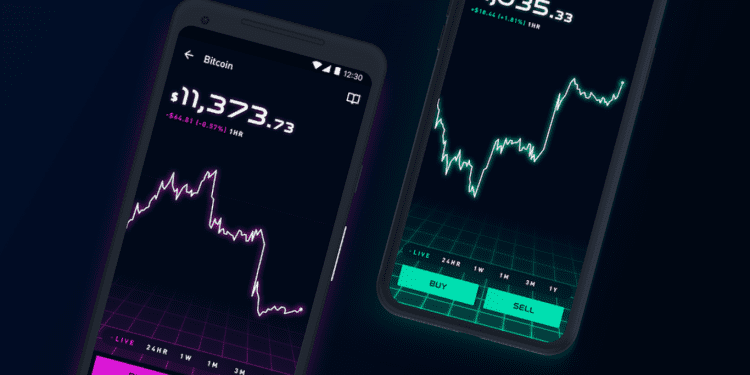- Robinhood is planning on delisting ADA, MATIC, and SOL.
- Users will have until June 27 to adjust their holdings.
- Other cryptocurrencies on Robinhood remain unimpacted.
In response to recent regulatory actions taken by the SEC against prominent cryptocurrency exchanges, Robinhood, a popular commission-free stock trading app, has decided to delist three significant cryptocurrencies: Cardano (ADA), Polygon (MATIC), and Solana (SOL).
The SEC’s classification of these tokens as securities has prompted Robinhood to terminate their support, aligning with the increasing regulatory scrutiny the crypto industry faces. While this move signifies the platform’s commitment to compliance, other cryptocurrencies offered on Robinhood remain unaffected.
Implications of Robinhood’s Decision
Robinhood users can buy, sell, and hold ADA, MATIC, and SOL until the specified delisting date of June 27th, 2023. Transfers of these tokens will be permitted until the deadline, with certain restrictions applied in Hawaii, Nevada, and New York—residents of Hawaii and Nevada cannot buy ADA, Matic, or SOL, and residents of New York can purchase these tokens, but not transfer them.
Following the deadline, any remaining ADA, MATIC, and SOL held in Robinhood Crypto accounts will be sold at market value, and the proceeds will be credited to users’ Robinhood buying power. It’s important to note that this delisting does not impact other cryptocurrencies available on the platform, ensuring the security of users’ existing crypto holdings.
SEC’s Crackdown on Exchanges
Robinhood’s decision to delist ADA, MATIC, and SOL was influenced by the SEC’s recent legal actions against prominent crypto exchanges, including Binance and Coinbase. The SEC’s charges against these exchanges involved classifying ADA, MATIC, SOL, and other tokens as securities.
This regulatory crackdown stems from the SEC’s concerns regarding violations of securities laws, illicit exchange operations, and the unregistered sale of securities. Robinhood, with its Chief Legal Compliance and Corporate Affairs Officer and former SEC Commissioner, Dan Gallagher, among its ranks, is reviewing the regulator’s analysis to ensure compliance with evolving regulations and take appropriate actions.
The SEC’s primary objective is to safeguard investors and maintain market integrity, prompting the industry to navigate a complex and evolving regulatory environment. The relatively short period that Cardano has been listed on Robinhood’s platform further underscores the dynamic nature of regulatory challenges within the crypto market.
Conclusion
The SEC’s recent crackdown on major crypto exchanges, such as Binance and Coinbase, emphasizes the need for the industry to navigate a non-existent regulatory landscape. While these developments may pose short-term challenges, they also present opportunities for the industry to mature, establish more precise guidelines, and lay the groundwork for sustainable long-term growth.














